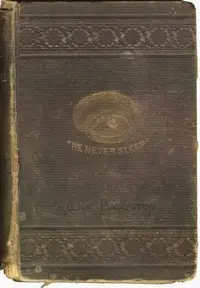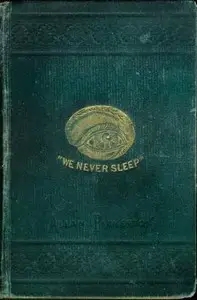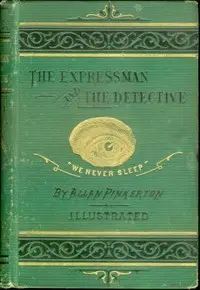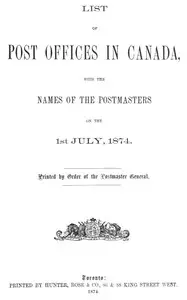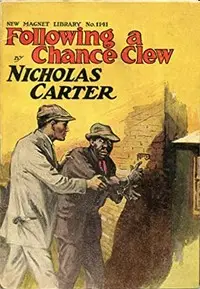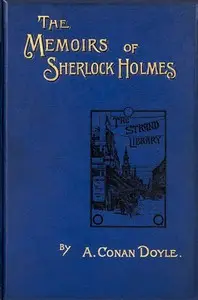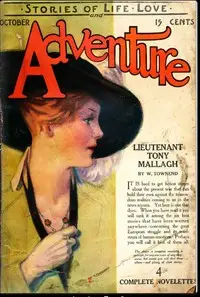"Mississippi Outlaws and the Detectives" by Allan Pinkerton is a historical detective narrative likely written in the late 19th century. This book focuses on the perilous world of post-Civil War outlawry along the Mississippi River, detailing the efforts of the Pinkerton National Detective Agency to track down a notorious gang of robbers. The narrative reveals both the crimes committed by these outlaws and the intricate methods employed by the detectives to bring them to justice. At the start of the narrative, we're introduced to a daring express robbery orchestrated by a gang of criminals who exploit the lawlessness of the era. The opening details the circumstances surrounding the crime, including the ineffective systems in place that allowed such thefts to occur with increasing frequency. Allan Pinkerton describes the setting—the swamps and cane-brakes of the Mississippi region—and introduces the obstacles faced by his son, William A. Pinkerton, who is tasked with investigating the robbery. As William navigates through false leads and the treacherous terrain, he recounts the eccentric and often dangerous lives of those living in the area, foreshadowing the challenges the detective agency will encounter as they unravel this web of crime. (This is an automatically generated summary.)

Mississippi Outlaws and the Detectives Don Pedro and the Detectives; Poisoner and the Detectives
By Allan Pinkerton
"Mississippi Outlaws and the Detectives" by Allan Pinkerton is a historical detective narrative likely written in the late 19th century. This book foc...
Allan Pinkerton was a Scottish-American cooper, abolitionist, detective, and spy, best known for creating the Pinkerton National Detective Agency in the United States and his claim to have foiled a plot in 1861 to assassinate president-elect Abraham Lincoln. During the Civil War, he provided the Union Army – specifically General George B. McClellan of the Army of the Potomac – with military intelligence, including extremely inaccurate enemy troop strength numbers. After the war, his agents played a significant role as strikebreakers – in particular during the Great Railroad Strike of 1877 – a role that Pinkerton men would continue to play after the death of their founder.

